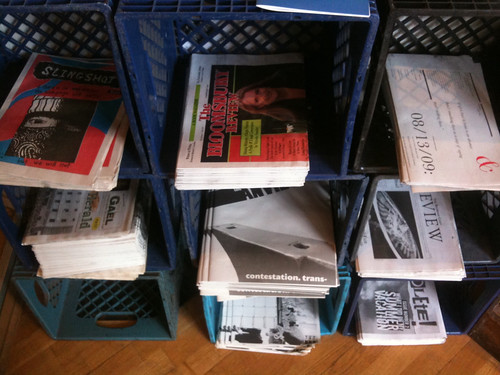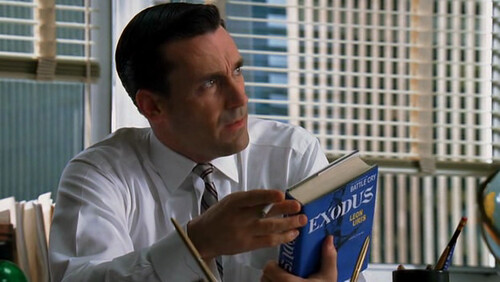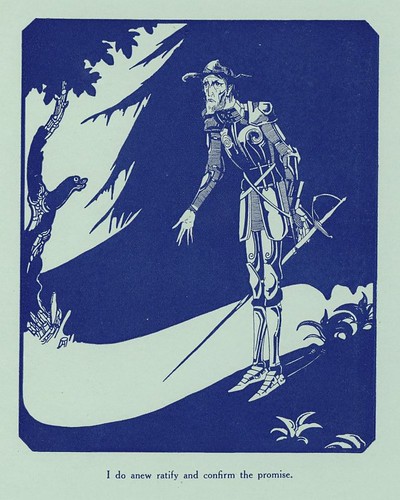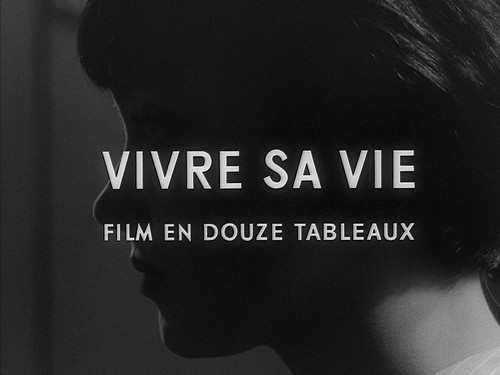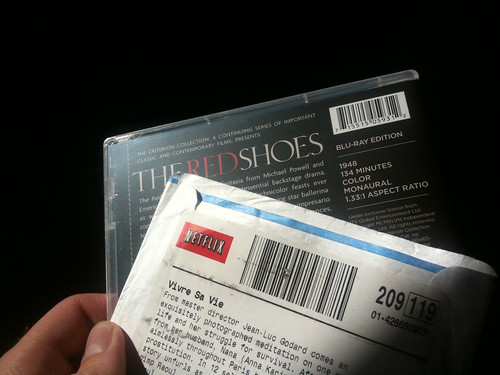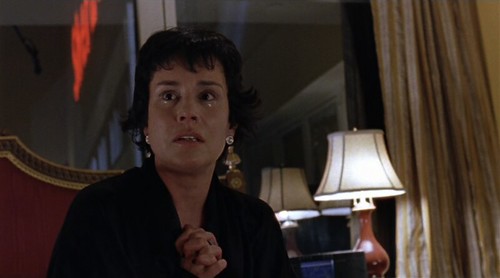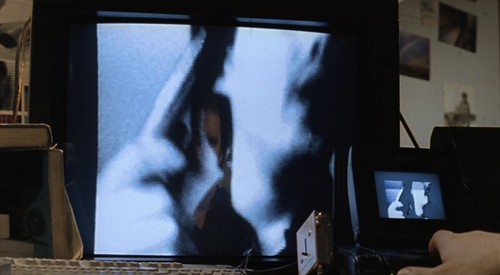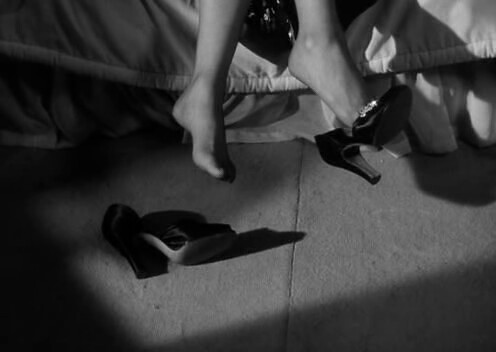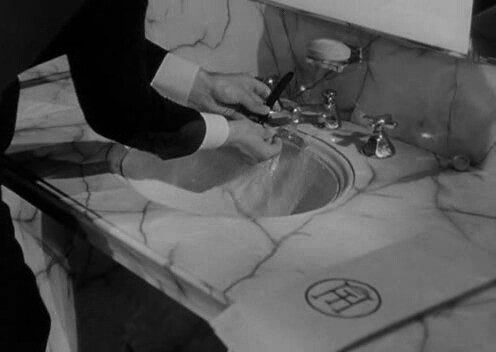Viewing Log #61: Nothing's arrears [11/22/10 - 11/28/10]
by Ryland Walker Knight

- The second season of Mad Men [2008]. Compromise is the name of the game in this season. Life's full of it, or so it would appear in Matthew Weiner's world of tropes, and the joy to be had here isn't flight; it's here, if anywhere. The schematism of the writing in this show is really something. It often works, really. But it's also so tidy in the structure that characters, however well drawn, are reduced to ideas. I think it has to do with the period setting as much as the actual writing. Something about signifiers that I'm too lazy to read closer here beyond a favorite damning word of many so-called intellectuals like myself: over-determination. The allure of the show may be its sheen and its ludicrously gorgeous cast (television's a medium of faces at its best and at its worst), but I keep watching because of those moments when things fudge and because there's way less exposition in this season than last. For instance, the low-light of the season, which I lead with above: Joan's rape. It's a terrifying scene in part because it's about competing perceptions, and because of its final dissolve, which is easily the most striking image so far in the show. Joan's looking at her future in that shot: an idle man waiting for his mess to be cleaned. And I don't think my sympathies for Joan and her continued belittlement over the course of these thirteen episodes stems from Christina Hendricks' beauty but her talent at quivering, and my amazement at what these writers want to put her character through in order to counterpoint Peggy's ascension. It's no secret that Peggy's the biggest success (so far) because she's self reliant. What's doubly amazing is that she is, in fact, our model for America in the show, which may be its home run trot in the end. She loves popsicles, she asks for what she wants, she believes in a loving God, she's great at her job, she continues to out-do herself, and she's open to life for all her tight-lipped interactions with the world. Don's fascinating and Hamm's beautiful, too, but his "arc" is the hanger the suit drapes from, as that line in San Pedro attests; no, this show belongs to its ladies, including both Mrs. Drapers. Can't wait to see how Betty—that dingbat—fords the future.
- Inglourious Basterds [QT, 2009] # I do love this movie, lumpy though it may be, and the BluRay looks pretty incredible. The colors aren't quite celluloid rich but they still impress the eye at interesting wavelengths. Plus, the editing in this movie tickles synapses so well. (And not just bc RIP S.M.) Awful close to a masterpiece.
- Shadow of a Doubt [Alfred Hitchcock, 1943] # Well, the first half hour. Then we went to dinner, to give thanks. (Chloe wasn't impressed, by the way, though she did find Cotten's drawl creepy.)
- The second half of the first season of Mad Men [2007]. Seems like an unavoidable set-up season, with plenty to play out, but there were some moments I really dug: Betty shouldering the BB gun without a shred of affect save the smoke from her cigarette, that way John Slattery can be a total asshole but still charming, Joan's/C.Hendrick's eye brimming, Peggy's rise, Harry Crane, and the first glimpses of Duck Phillips' brand of creep. Not to mention Don's ability to, well, be a man despite also being another brand of louse prone to self-delusion and good old fashioned alcoholism.
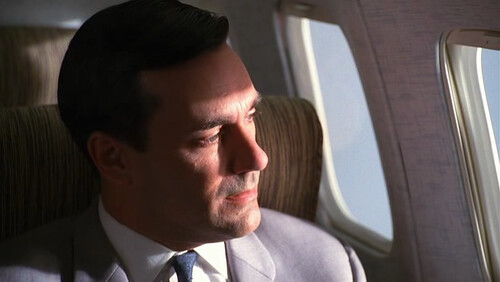
—Come on back from way out west
